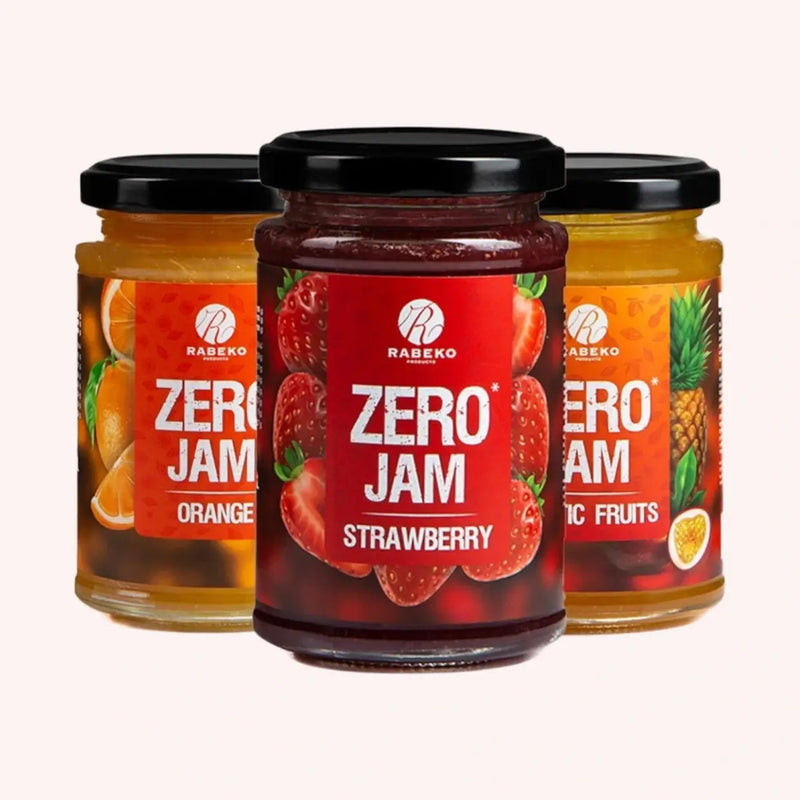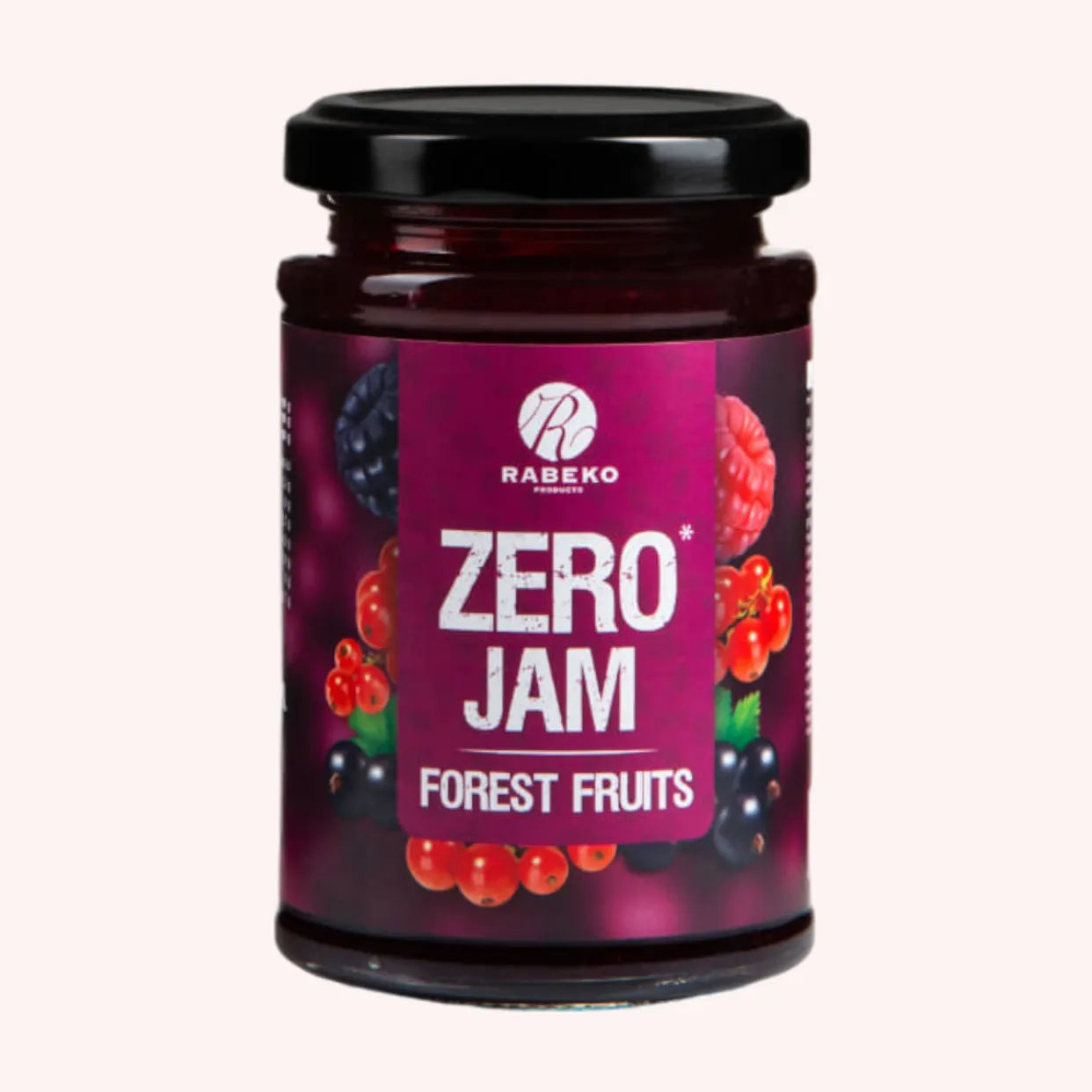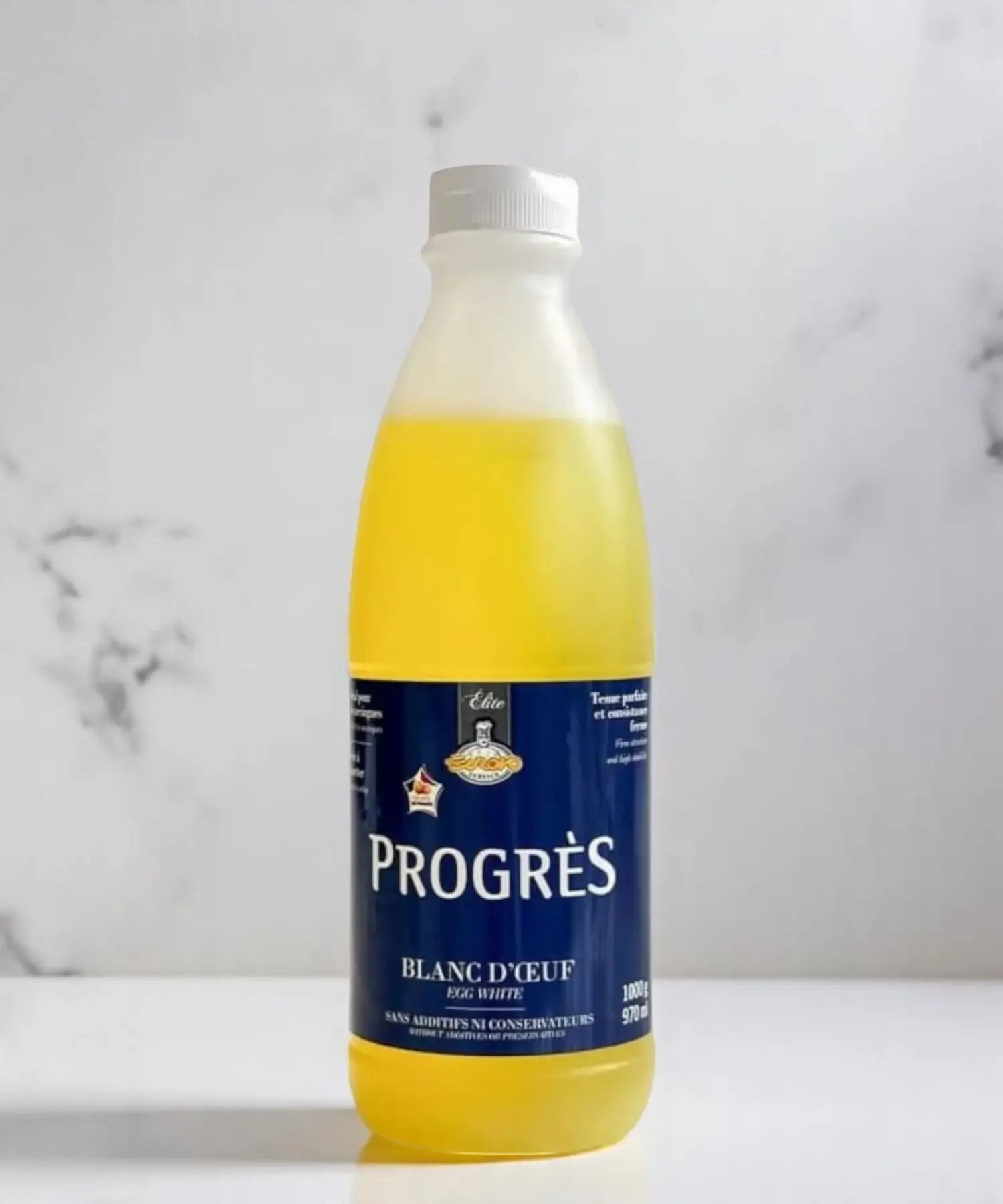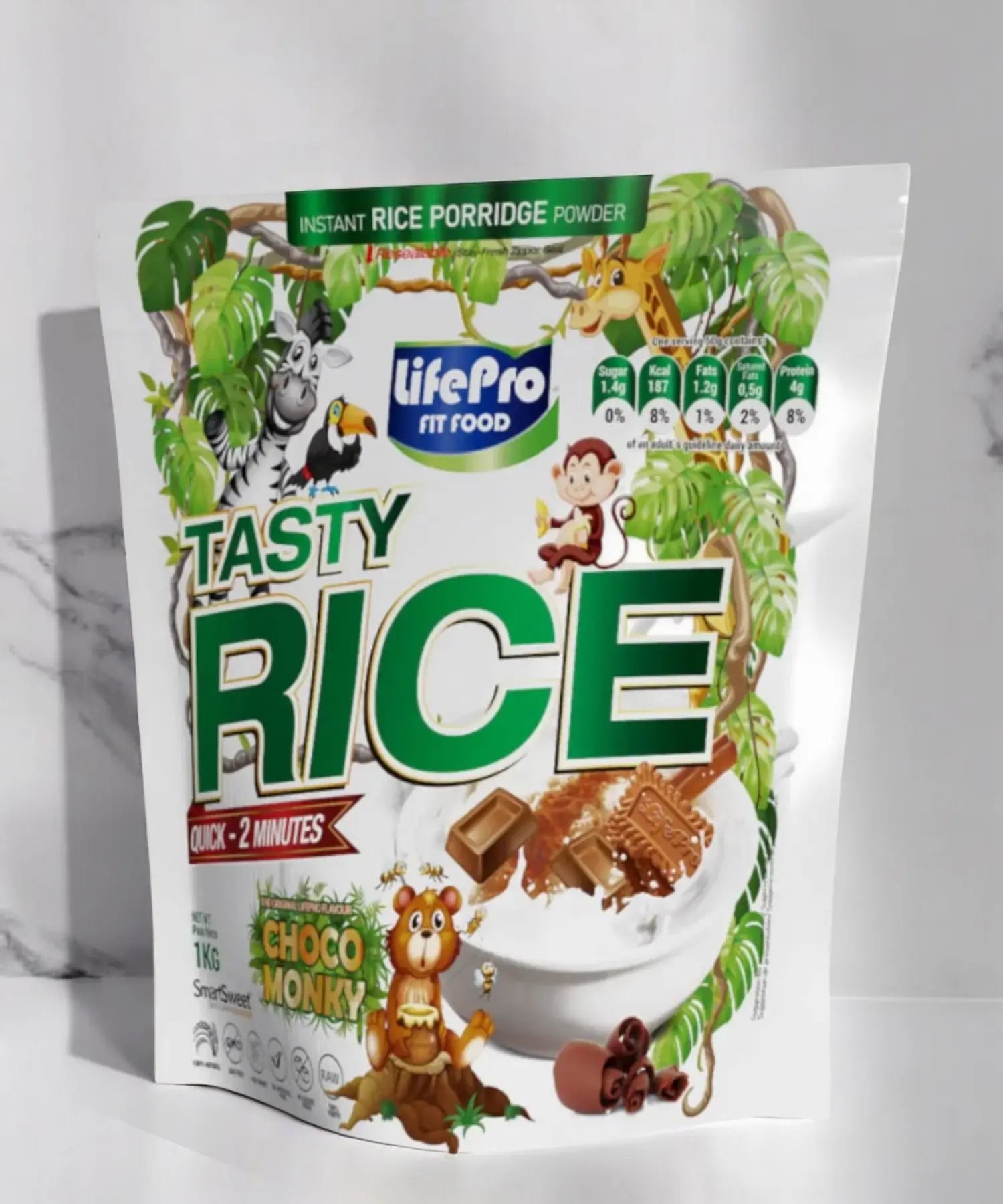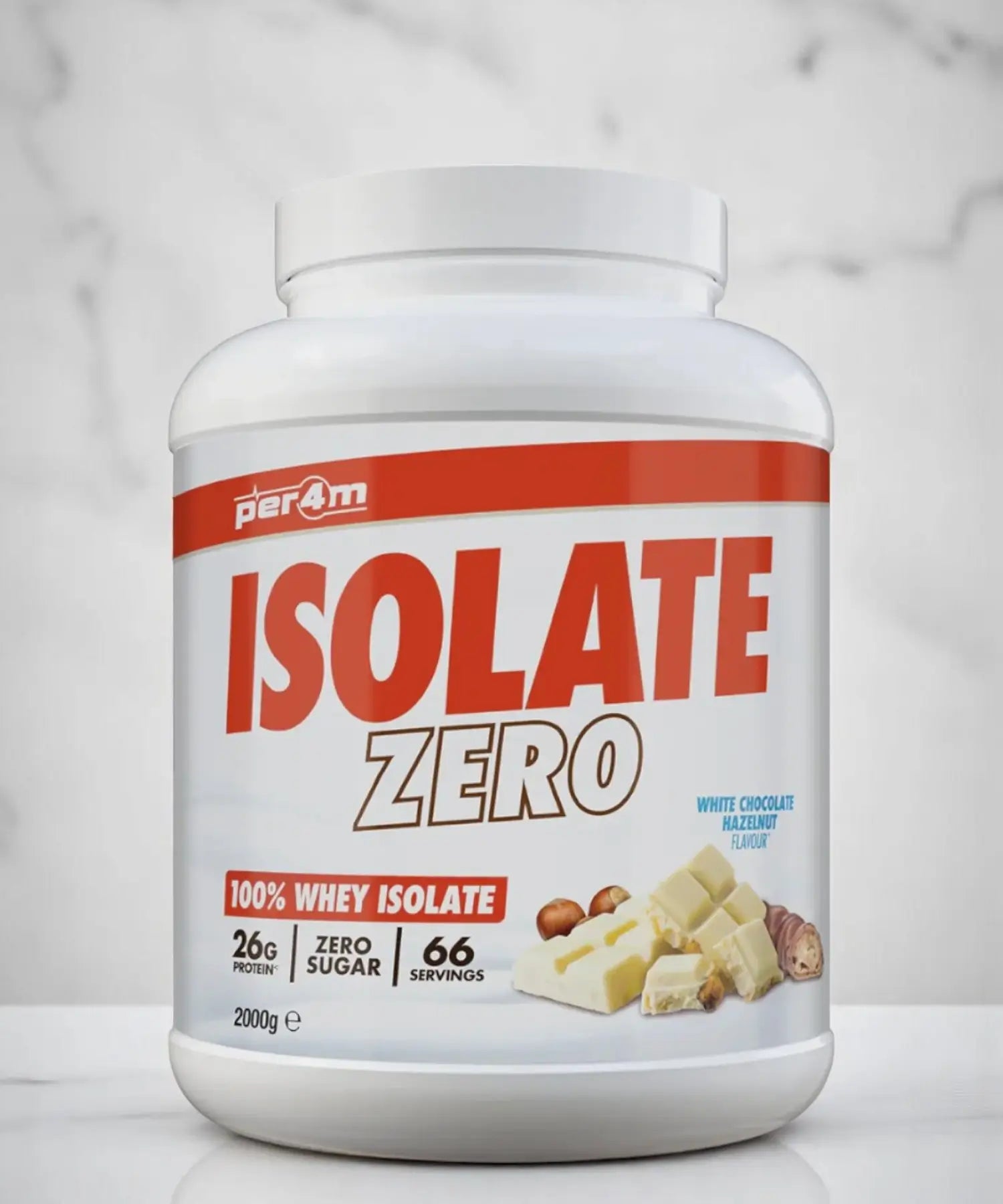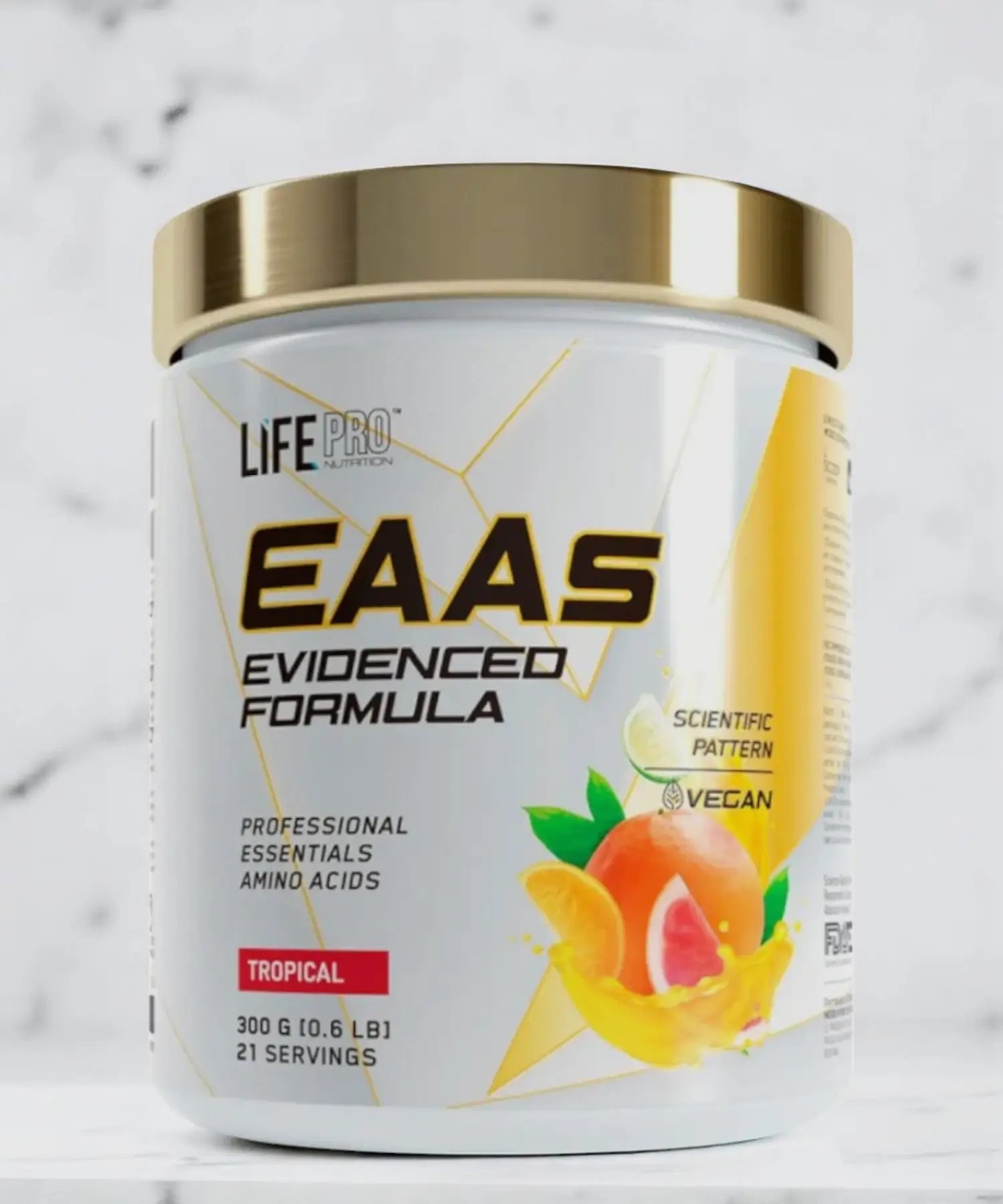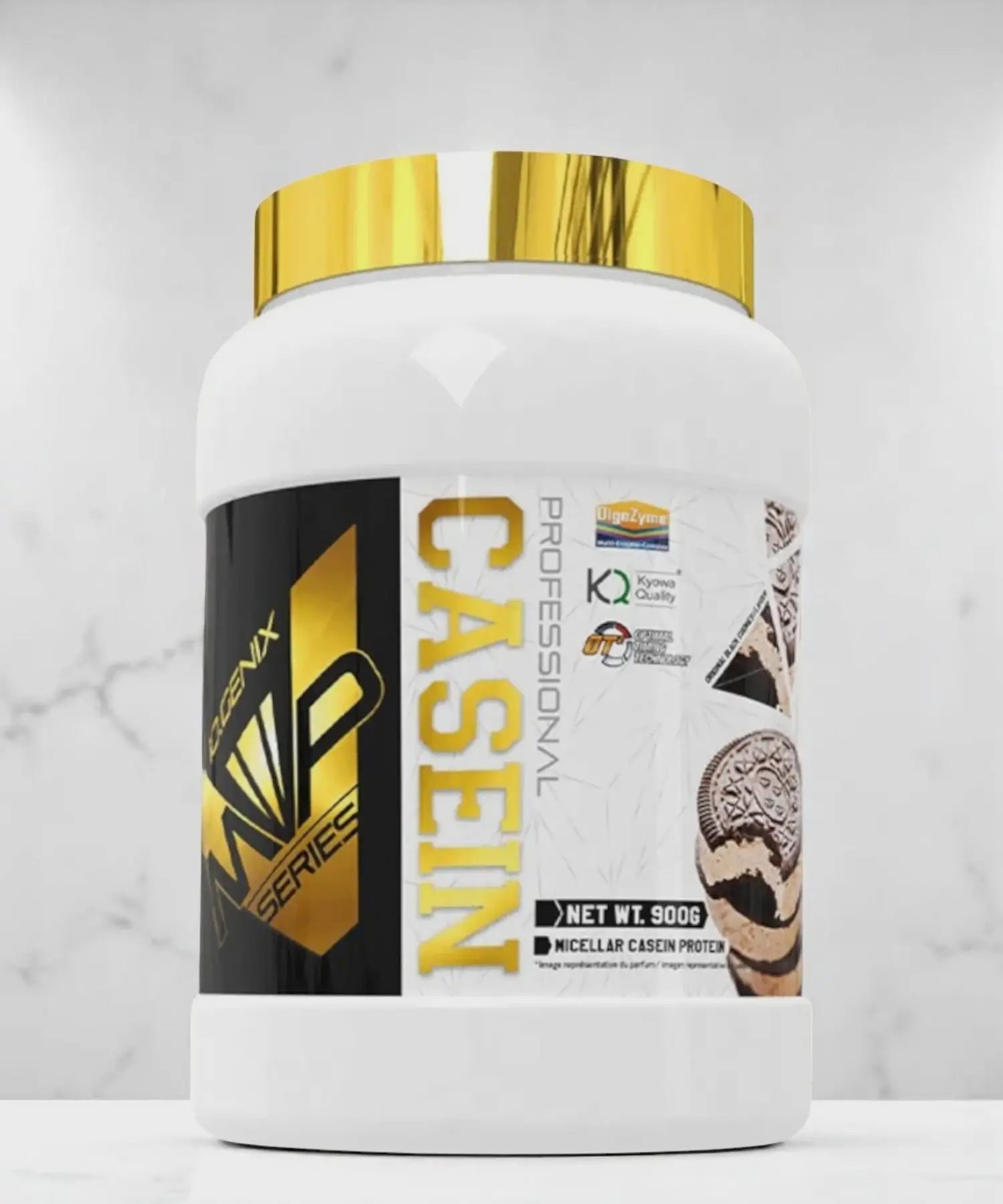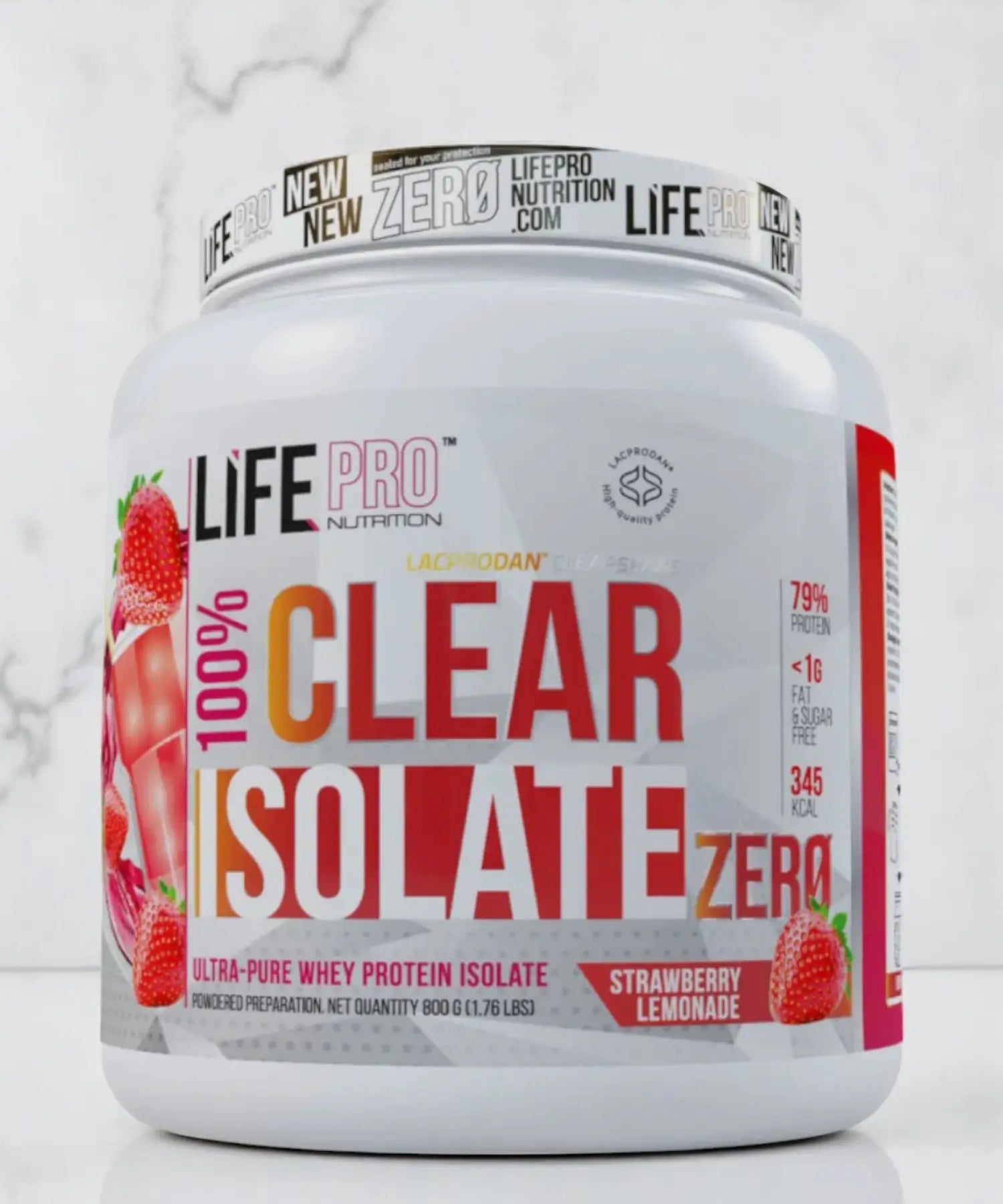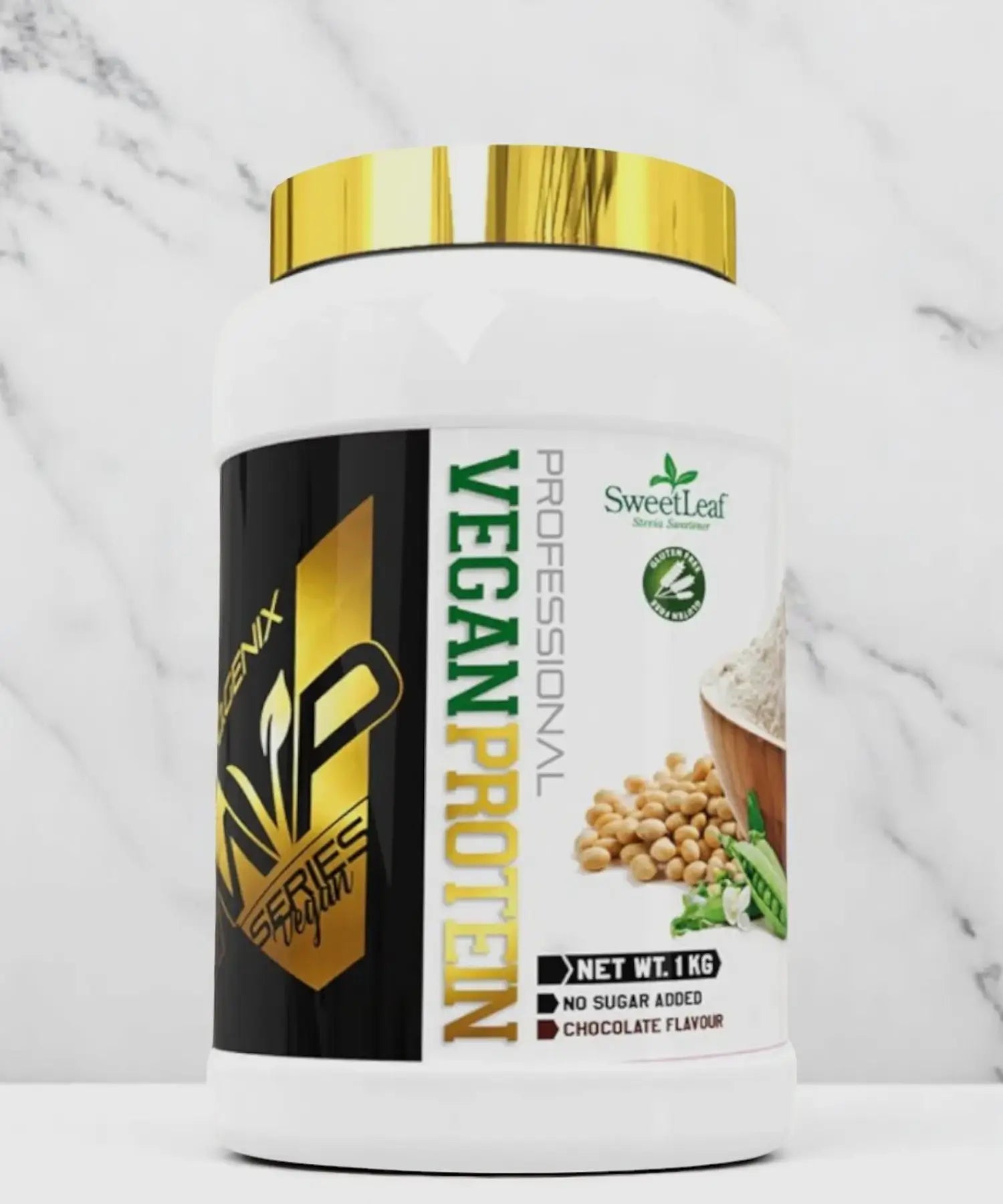1 product
Zero sugar jam is an interesting alternative to reduce your sugar intake without ruining your physical performance. Whether it is to control blood sugar, lose a few grams, reduce calories or for a dietary preference, we provide you with products to meet your individual nutritional needs.
Why choose zero sugar jam?
Even when homemade, a jar of jam is a concentrate of water, preservative, a little agar (optional) and especially sugar (carbohydrate) and therefore a significant source of glucose. It is a boost for any athlete before an intense activity. In general, jam is highly recommended during a competition, because its sugar content allows you to quickly fill up on energy. The process of assimilation of sugar during and after training is not the same. In the first case, and even about 1 hour before the start of the exercise, the carbohydrates from the food are immediately used to produce energy to support the effort. While during the rest phases, the glucose produced participates in muscle recovery by replenishing glycogen reserves. When the amount of sugar ingested is too high, it becomes harmful to the body. Indeed, overconsumption of sugar leads to abundant secretion of insulin. However, the presence of a significant amount of this hormone ends up inhibiting the body's ability to burn fat reserves. As soon as the stored fat is no longer used, the metabolism decreases. For an athlete, this means that he will become less enduring. In addition, the consumption of refined sugar leads to many health problems. Among these, there is the risk of high blood pressure, cardiovascular disease, obesity, not to mention tooth decay. Finally, sugar is an addictive food in the same way as drugs and alcohol. Although the consumption of sugar-free products is a good solution, radical withdrawal is very likely to fail.
What does a sugar-free diet mean?
The zero sugar diet is a diet based on the elimination of refined sugar. The primary goal is to protect yourself from the problems it causes. To control your sugar consumption, it is essential to identify the foods in your daily life that contain sugar:
- Chocolate
- The bread
- Table sugar
- Confectionery
- Pastries
- Fruit juices
- Soft drinks
- Honey
- Milk
- The jam
- The biscuits
- The sauces
- Cereal bars
- Ice creams, etc.
However, in sports nutrition, quantity and overall balance play important roles. The World Health Organization (WHO) recommends a daily sugar consumption of less than 10% of total energy intake. It is necessary to focus on moderation and not completely deprive yourself of the taste of a food that you enjoy. This could lead to dietary deviations and ruin your goal. The ideal is to give yourself the freedom to occasionally consume these foods while respecting the recommended portions.
Can you build muscle on a sugar-free diet?
Adopting a sugar-free diet does not prevent you from developing your muscles. The main thing is to ensure the macronutrient and caloric balance. Thus, it will be necessary to ensure the consumption of proteins in good quantities as well as complex carbohydrates. On the one hand, proteins are the macronutrients that make up muscles. They are therefore essential to ensure their growth. Foods such as fish, white meat, eggs, dairy products, tofu and legumes are suitable sources of protein for a zero sugar diet. On the other hand, carbohydrates represent an important source of energy for muscles. They are useful to support the athlete during training and facilitate recovery. Since refined sugar is prohibited, it is important to consume a sufficient amount of complex carbohydrates. Foods such as vegetables, whole grains, legumes and fruits are reliable sources of healthy carbohydrates. If necessary, the sugar-free diet can be supported by the consumption of protein powder or amino acid supplements. However, this should not replace the habit of consuming whole foods to ensure a healthy diet.
What does zero sugar jam mean?
A zero sugar or sugar-free jam means that this gourmet product does not contain refined sugar. This ingredient is replaced by more natural, more or less organic sweeteners to sweeten such as sucralose, sorbitol, aspartame or stevia which have a much higher sweetening power. Thus, the use of these substitutes makes it possible to avoid the disadvantages of sugar consumption. For example, a measure of stevia is 300 times sweeter than traditional sugar. Furthermore, sucralose has no impact on the caloric value of the foods to which it is added. This is due to the fact that this sweetener is not metabolized by the body.
Caloric load control
Adding sugar to a food increases the number of calories for an identical quantity. However, a diet that is too rich in calories leads to nutritional imbalances. Preferring sugar-free jam therefore allows you to respect your daily calorie intake while still enjoying yourself. However, the absence of sugar in jam does not mean that it is empty of calories. It still contains the calories specific to fruits such as strawberries, apricots, apples, etc. In addition, jam is used in combination with other foods (pancakes, toast, yogurt, etc.). Sugar-free jam therefore adds flavor to other foods. In order to maintain a healthy diet, the consumption of zero sugar jam must take into account a balanced diet plan.
Nutrient intake
Jam is naturally a source of vitamins and minerals from the fruits used to prepare it. Thus, the use of citrus fruits such as orange provides vitamin C and berries or figs provide antioxidants. By opting for zero jam for example, you can also benefit from a food rich in fiber. The recipe for this jam contains only 5% sugar for 55 kcal. In addition, the presence of pectin intervenes in the process of assimilation of carbohydrates. Soluble fibers absorb fats and cholesterol. They also play a regulatory role to facilitate transit and therefore contribute to satiety.
When should you eat zero sugar jam?
For a healthy diet, there are carbohydrates, fiber, lipids and proteins. Thus, sugar consumption should not be completely avoided. However, it is essential to match your diet to the specific energy needs related to physical activity. As a guide, eating satiating food one hour before an intense event helps prevent you from falling under the spell of hunger. The absorption of carbohydrates is slower and the energy provided lasts longer. During intense activity, foods concentrated in sugar should be favored. Since the energy generated by this combustion is directly used for the effort in progress, there is no backlash for the athlete. Finally, zero sugar jam is recommended when sugar no longer plays an important role. That is to say any time that does not fall within the time slot of one hour before and after exercise. It is important to note that each individual is different. It is then necessary to take into account the metabolism, body composition and sports objectives for each individual. Ideally, you should seek advice from a sports nutritionist or health professional.





